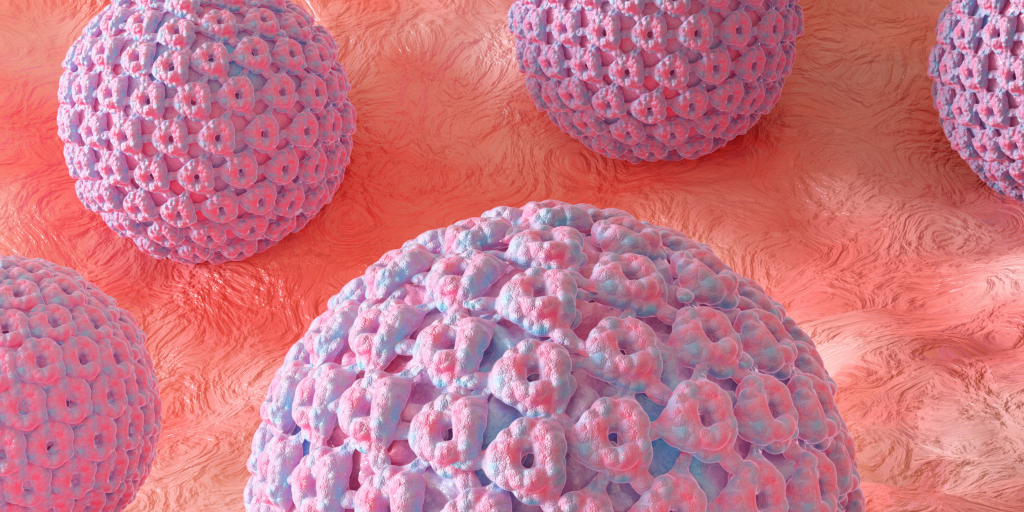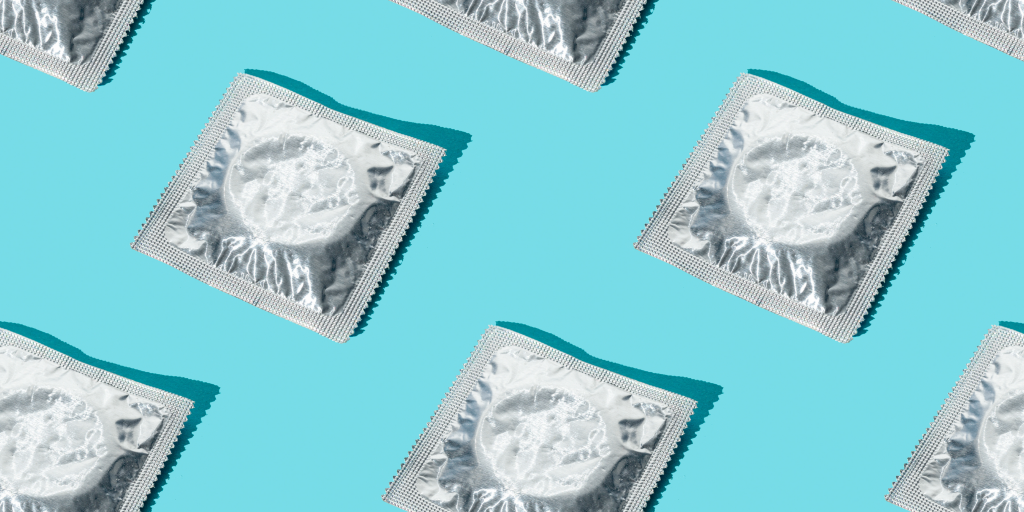
HPV (Human Papillomavirus) is a common STI (Sexually Transmitted Infection) that affects both men and women. The HPV virus lives on your skin and is transmitted through sexual contact including vaginal, anal, and oral sex. HPV is usually harmless and resolves by itself.

Despite there being over 100 different types of HPV, most do not cause any health issues but some viruses can lead to a variety of health problems ranging from genital warts to cervical cancer.
Most of the people who have HPV do not show any symptoms, making it difficult to ascertain whether the person has HPV. This is a significant issue as it leads to the rampant transmission of the virus among people.
Off late, a significant rise in cases of oral cancer caused by HPV is being observed in men. Over 75,000 women die from Cervical Cancer annually in India (Source: The Hindu) and Cervical Cancer is the second largest killer in women after Breast Cancer. As HPV-caused Cancer is one of the leading causes of death in women, it is extremely important to take adequate measures to prevent the spread of HPV.
Direct go to
How To Know If You Have HPV & What You Can Do About It
Let’s have a look at common ways to tell if you have HPV and what measures you can take to protect yourself from this STI.
1. Get an HPV Test

The best way to know if you have HPV is to get an HPV test. Many people with HPV do not have any symptoms, which is why it is important to get tested if you have had any risky sexual encounters.
You can get tested for HPV in the comfort of your home by ordering a simple screening test for HPV from DrSafeHands. You can conveniently collect your sample yourself (through a quick, simple, and painless process) without having to visit any clinic or hospital. The reports will be delivered to you online. We strongly advise you to get yourself checked if you’re sexually active. For more information, click here.
2. Watch for Symptoms
Some people with HPV will develop visible symptoms, such as genital warts. These warts can appear on the genitals, anus, or throat and can be raised or flat, small or large, and may appear in clusters. If you notice any unusual growths or lumps on your genitals or in your throat, you should see your medical practitioner.
3. Get Regular Pap Tests
Another way to know if you have HPV is to get regular Pap (also called Pap smear) tests. These tests are recommended for women who are sexually active or over the age of 21.
During a Pap test, a healthcare provider will collect a sample of cells from your cervix to check for abnormal cells that could be caused by HPV. If abnormal cells are found, further testing will be done to determine if they are precancerous or cancerous.
4. Practise Safe Sex

The best way to protect yourself from HPV and other STIs is to practise safe sex. This includes using condoms and getting vaccinated against HPV. The HPV vaccine is recommended for both males and females and can protect against the types of HPV that are most likely to cause cancer.
HPV can be treated with different methods, which may include medication or surgery. For instance, those who have genital warts may be given creams, freezing or laser therapy as a treatment option. However, in some cases, it may require surgery to remove warts. As for HPV-related cancer, chemotherapy, radiation therapy or surgery may be advised.

If you have any worries or questions about HPV, you can contact us at DrSafeHands. We offer confidential testing, consultation, treatment, and counselling for various sexual health issues. You can reach out to one of our knowledgeable and experienced Doctors, either online or at one of our clinics.
Disclaimer: This website may contain general information relating to various medical conditions and their treatment. Such information is provided for informational purposes only and is not meant to be a substitute for the advice provided by a doctor or other qualified healthcare professionals. Readers should not use the information contained herein for diagnosing a health or fitness problem or disease. Readers should always consult with a doctor or other healthcare professional for medical advice or information about diagnosis and treatment.
